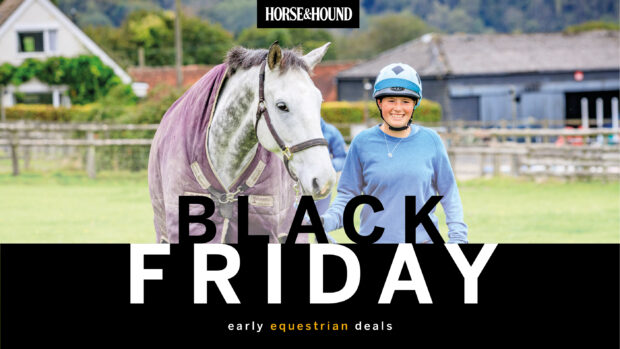Commentator and broadcaster Adam Cromarty, who is also events director at Northcote Stud, breaks down the real-life cost of running horse shows
RUNNING any type of event is a risky business, especially in the current economic climate. However, the volume of shows hasn’t decreased and it’s becoming common to see venues cancelling at the last minute due to a lack of entries.
I’m not sure the free-market model that currently operates remains suitable. Personally, I would rather run a reduced number of events that offered a greater chance of increased footfall due to less choice within the area.
I wanted to give you a look behind the budgeting curtain in real money terms.
At national shows, only two judges are required. Most fully qualified judges charge £100 per day. Some will work for less, but I encourage them not to – a professional level of work is required and we are among the lowest paid judges in the sport.
The cost of a national course-designer is £150 to £300 for a regular day show. First aid is around £200, with this cost being passed on to the competitors, unless the entries are low, in which case that levy on riders won’t cover it.
Spiralling costs
FOR international shows, things are more complicated. I was on the organising committee for the inaugural international at Northcote Stud earlier this year. This was a CSI2*, CSI* and CSIYH*, which sold out with over 300 horses in attendance.
The first cost is prize money and we offered £51,000 in total. Under FEI rules, all prize money must be distributed, regardless of entries.
For these levels of competition, we required a minimum of four judges and five stewards. I felt it was important to give the show an international feel and, in addition to home-grown talent, we were lucky to attract officials from Mexico, USA, Canada and Hong Kong.
As it was our first international, I invited some friends and they graciously agreed to self-fund their travel. This team nicknamed the show “The Northcote Games” as the FEI must have thought it was a championships with the number of Olympic-level officials present.
FEI judges and stewards are remunerated at £105 per day. A consultation is under way to raise this to £225 for the lead officials and £160 for the other team members, more for higher-level sport. Each course-designer and their assistant set their own fee and then we also paid a commentator.
We are required to have an FEI veterinary delegate to inspect horses during the trot-up and to advise the ground jury on veterinary matters. There is then a veterinary service manager, who acts as the first treating vet, and a further treating vet is required for every 200 horses. Each vet costs £300 to £400 per day. The same cost applies for the doctor.
The timing used at national events is not approved for FEI competition. On that side, we worked with an affiliate of Equipe, who did a tour of
five back-to-back FEI events in the UK.
The total cost of officials, vets and timing worked out to be around £20,000. Add this to the prize money and you need to be prepared to gamble £70,000, plus FEI fees of around £7,500.
The costs don’t stop there, with stabling consuming a considerable chunk of each entry fee, security, arena party, office staff, generators for additional hook-ups, electricity and water.
Entry cap
IN Europe, the entry fee is capped by the FEI. This meant our block entry fee (including all entries and stabling) cost between £242 and £343. In other markets, such as North America, this cap doesn’t exist. I understand why athletes enjoy the restrictions, but given the increased costs, it may need to be examined.
Whether it’s a national or international show, the costs are fixed. The number of events is diluting the market, especially with some venues adding in high-money unaffiliated events. It’s more important than ever that organisers work with the governing body to avoid the loss of venues and protect the viability of future show organiser investment.
● Should there be fewer shows? Write to hhletters@futurenet.com
- This exclusive column will also be available to read in Horse & Hound magazine, on sale Thursday 28 July
You may also be interested in…

‘Bloody hell!’ Horse and rider clear huge oxer as it blows down — with a Pimm’s gazebo flying overhead

Nina Barbour: ‘A horrible wake-up call for everyone’

‘A night to remember’: puissance first-timers clear 2.19m to win in spectacular red wall debut

Subscribe to Horse & Hound magazine today – and enjoy unlimited website access all year round
Horse & Hound magazine, out every Thursday, is packed with all the latest news and reports, as well as interviews, specials, nostalgia, vet and training advice. Find how you can enjoy the magazine delivered to your door every week, plus options to upgrade your subscription to access our online service that brings you breaking news and reports as well as other benefits.




